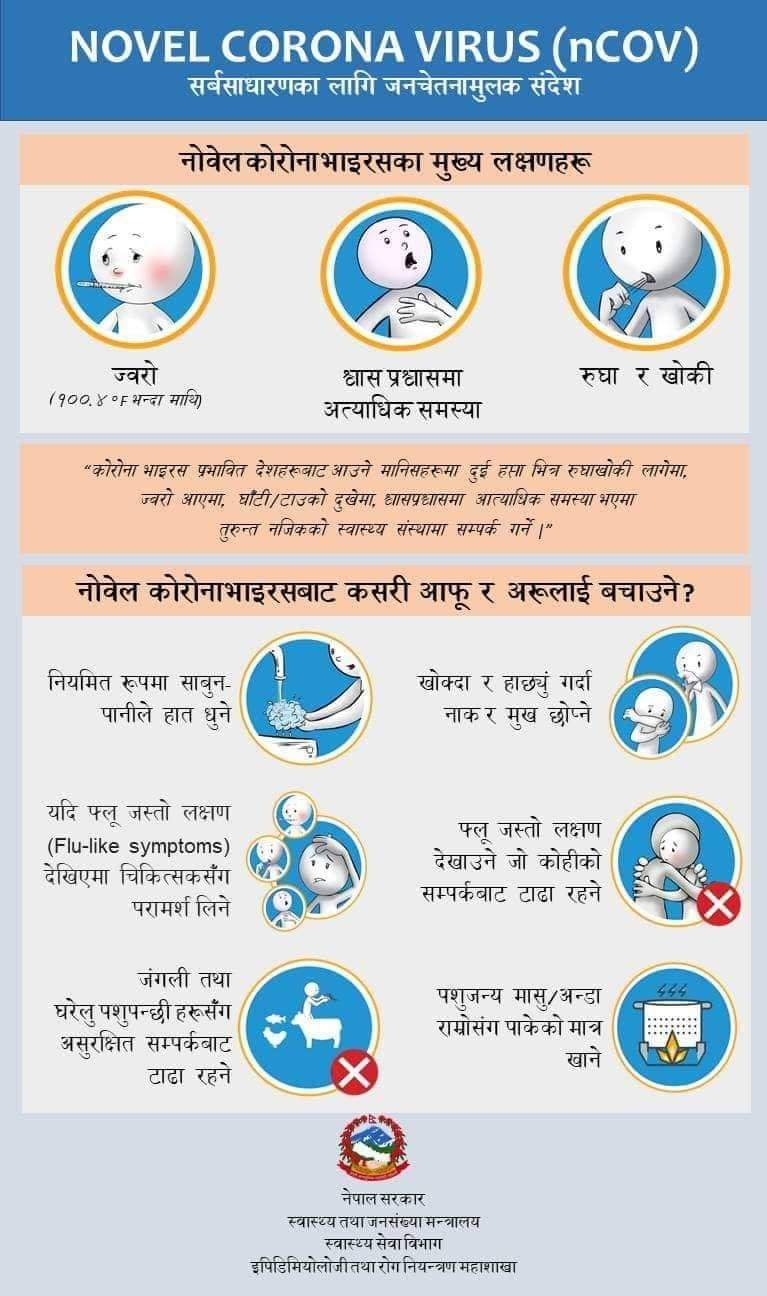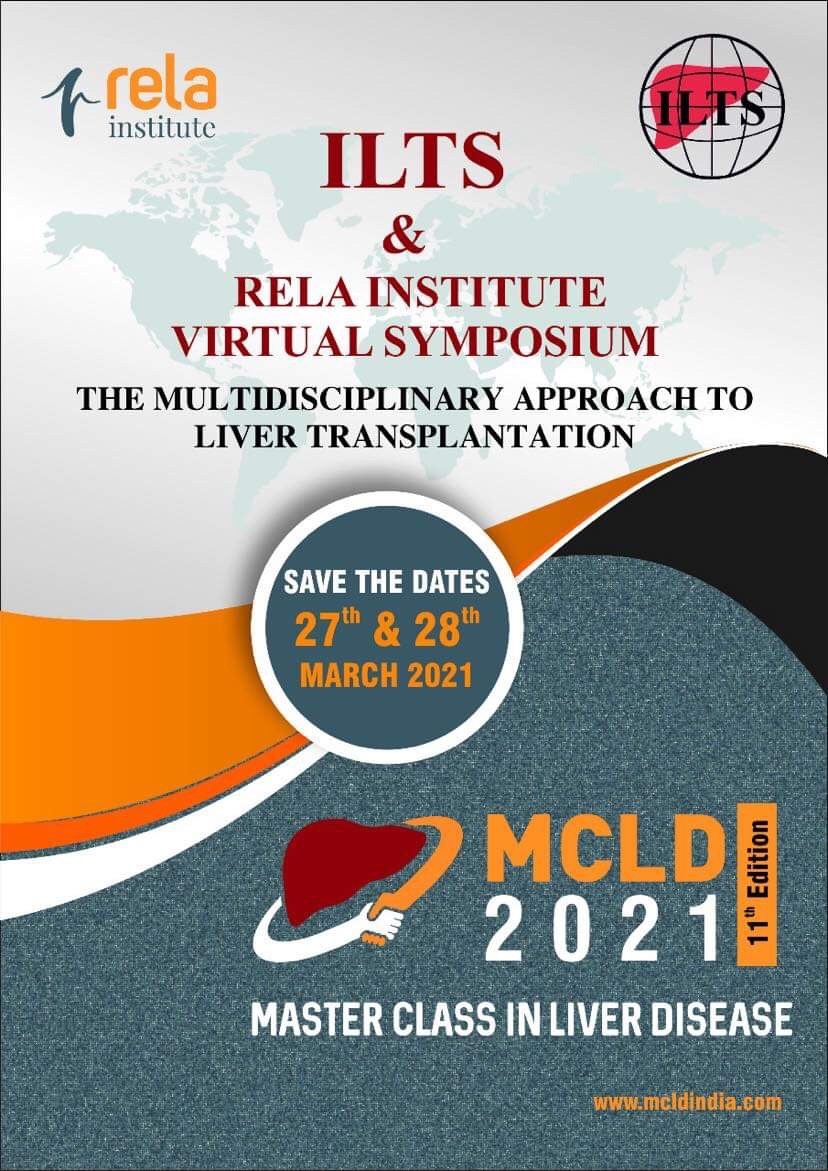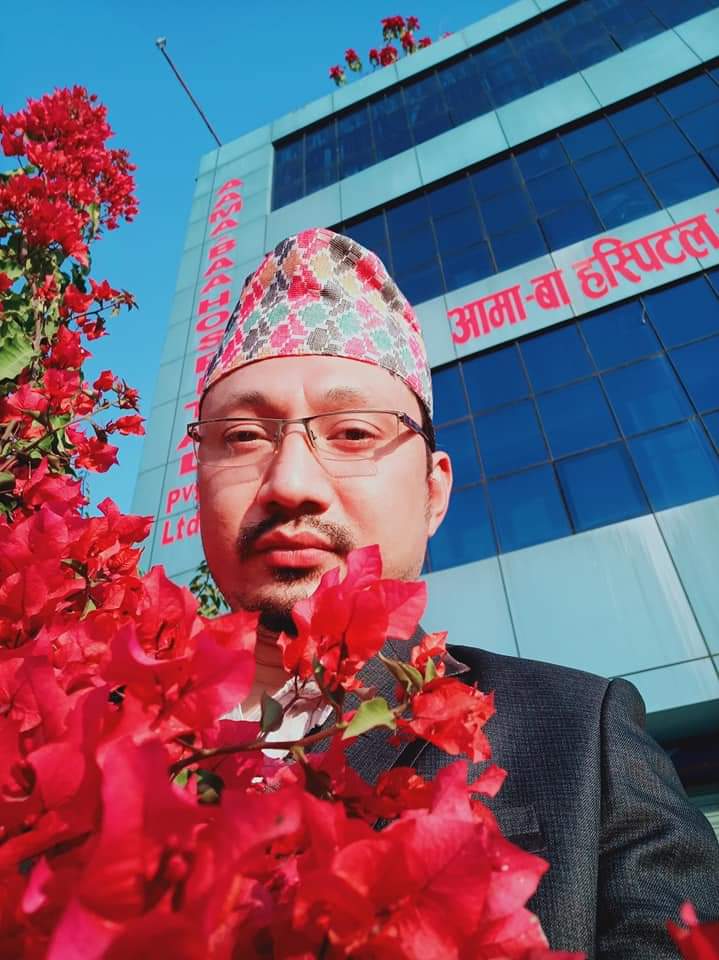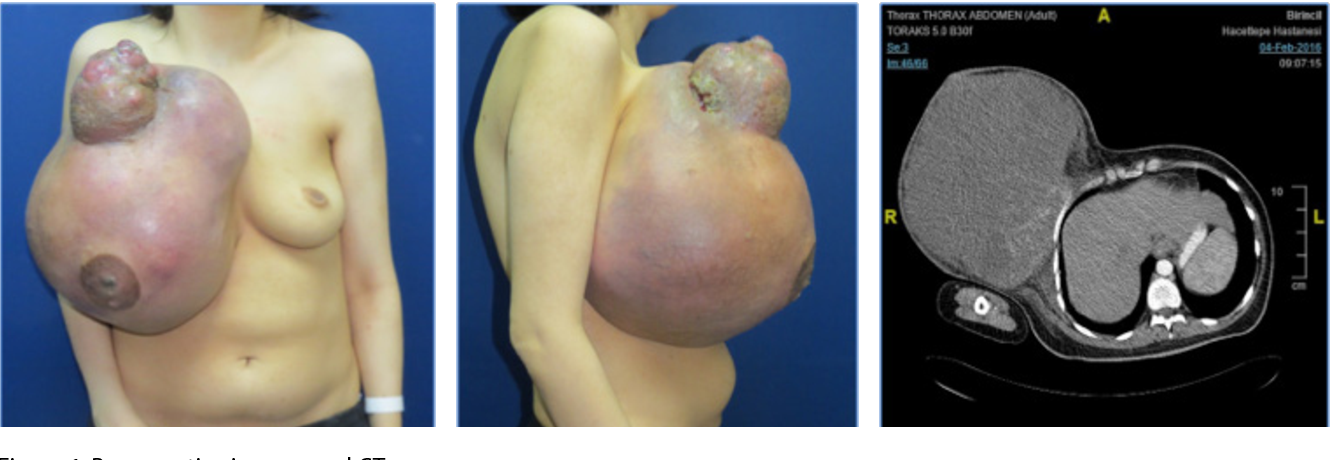WHO’s strategic objectives for Corona Virus
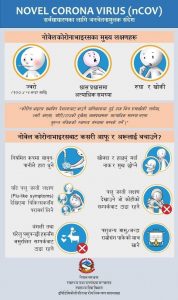
- Limit human to human transmission including, reducing secondary infections among close contacts and health care workers, preventing transmission amplification events, and preventing further international spread from China*;
- Identify, isolate and care for patients early, including providing optimized care for infected patients;
- Identify and reduce transmission from the animal source;
- Address crucial unknowns and about clinical severity, extent of transmission and infection, treatment options, and accelerate the development of diagnostics, therapeutics and vaccines;
- Communicate critical risk and event information to all communities and counter misinformation;
- Minimize social and economic impact through multisectoral partnerships.
*This can be achieved through a combination of public health measures, such as rapid identification, diagnosis and management of the cases, identification and follow up of the contacts, infection prevention and control in healthcare settings, implementation of health measures for travellers, awareness raising in the population, risk communication.
PREPAREDNESS AND RESPONSE as WHO’s strategic objectives for Corona Virus
WHO has been in regular and direct contact with Member States where cases have been reported. WHO is also informing other countries about the situation and providing support as requested.
- Developed interim guidance for laboratory diagnosis, clinical management, infection prevention and control in health care settings, home care for patients with suspected novel coronavirus , risk communication and community engagement.
- Prepared disease commodity package for supplies necessary in identification and management of confirmed patients.
- Provided recommendations to reduce risk of transmission from animals to humans.
- WHO has published an updated advice for international traffic in relation to the outbreak of the novel coronavirus 2019-nCoV.
- Activation of R&D blueprint to accelerate diagnostics, vaccines, and therapeutics.
- WHO is providing guidance on early investigations. The first protocol that is available is a: Household transmission investigation protocol for 2019-novel coronavirus (2019-nCoV) infection.
- WHO has developed an online course to provide general introduction to emerging respiratory viruses, including novel coronaviruses.
- WHO is providing guidance on early investigations, which are critical to carry out early in an outbreak of a new virus. The data collected from the study protocols can be used to refine recommendations for surveillance and case definitions, to characterize the key epidemiological transmission features of 2019-nCoV, help understand spread, severity, spectrum of disease, impact on the community and to inform operational models for implementation of countermeasures such as case isolation, contact tracing and isolation. The first protocol that is available is a: Household transmission investigation protocol for 2019-novel coronavirus (2019-nCoV) infection.
- WHO is working with its networks of researchers and other experts to coordinate global work on surveillance, epidemiology, modelling, diagnostics, clinical care and treatment, and other ways to identify, manage the disease and limit onward transmission. WHO has issued interim guidance for countries, updated to take into account the current situation.
- Utilizing global expert networks and partnerships for laboratory, infection prevention and control, clinical management and mathematical modelling.
RECOMMENDATIONS AND ADVICE as WHO’s strategic objectives for Corona Virus
During previous outbreaks due to other coronavirus (Middle-East Respiratory Syndrome (MERS) and Severe Acute Respiratory Syndrome (SARS)), human to human transmission occurred through droplets, contact and fomites, suggesting that the transmission mode of the 2019-nCoV can be similar. The basic principles to reduce the general risk of transmission of acute respiratory infections include the following:
- Avoiding close contact with people suffering from acute respiratory infections.
- Frequent hand-washing, especially after direct contact with ill people or their environment.
- Avoiding unprotected contact with farm or wild animals.
- People with symptoms of acute respiratory infection should practice cough etiquette (maintain distance, cover coughs and sneezes with disposable tissues or clothing, and wash hands).
- Within healthcare facilities, enhance standard infection prevention and control practices in hospitals, especially in emergency departments.
WHO does not recommend any specific health measures for travellers. In case of symptoms suggestive of respiratory illness either during or after travel, the travellers are encouraged to seek medical attention and share their travel history with their health care provider. Travel guidance was updated on 24 January.

